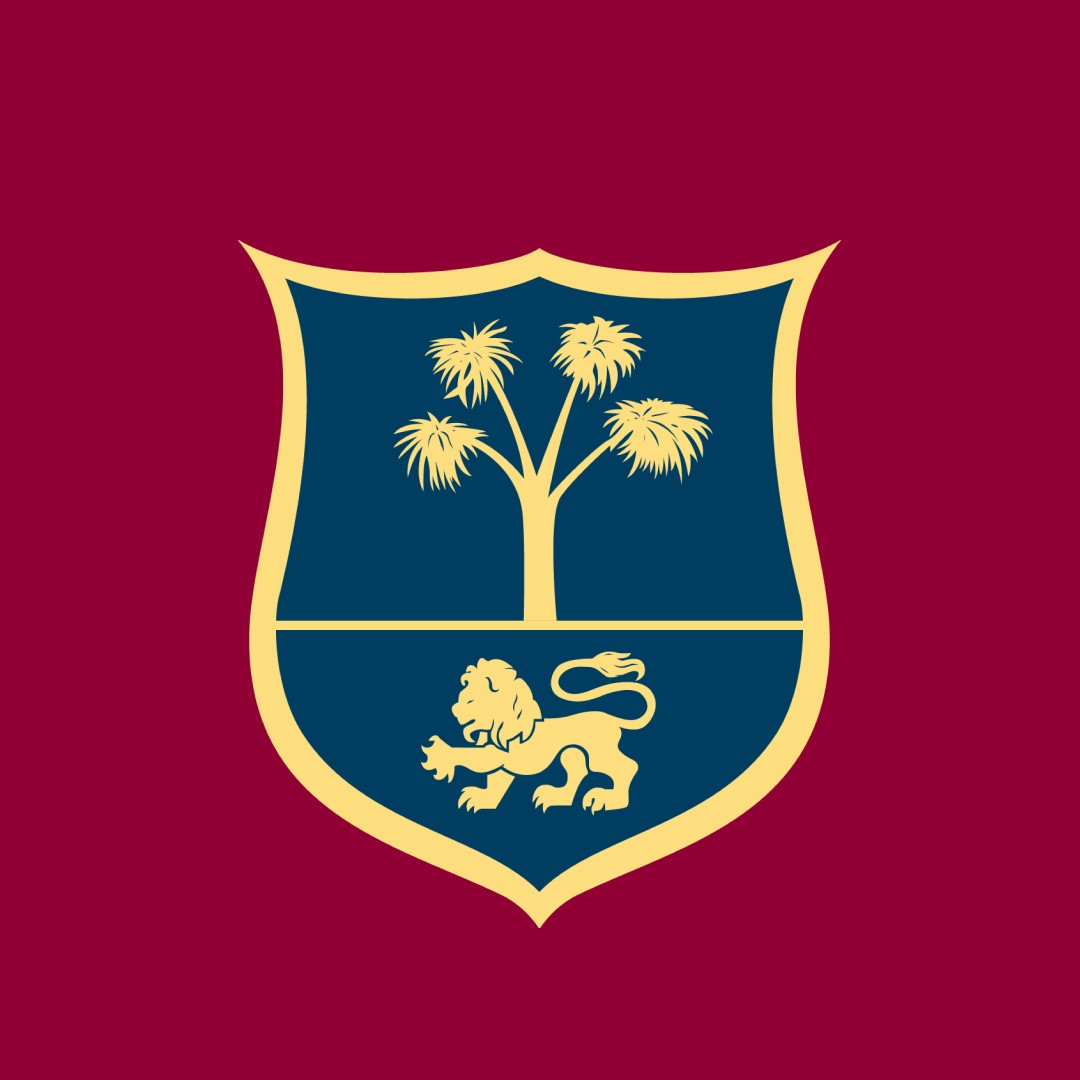The Whisper Behind a Roar: David Trist
Burnside West Christchurch University Cricket Club | June 10, 2025

Burnside West Christchurch University Cricket Club and the entire cricket community lost one life’s great characters in David Trist in late May; a terrific ambassador for the sport and the man with his fingerprints all over New Zealand's maiden ICC Trophy.
Before Trist and his iconic moustache pioneered that maiden ICC title at the ICC Knockout in Kenya in 2000, he forged an impressive career of his own. An old boy of the cricketing institution of Christchurch Boys High School, Trist was part of one of the more intimidating schoolboy attacks, which included himself, Alan Hounsell, who earned 37 First Class caps and the great Sir Richard Hadlee.
From there, it was to Burnside Park to play with the men, where Trist was a standout performer, earning regular Canterbury selection as an opening or first change bowler.
The Burnsider played 24 First Class matches and six List-A. Taking 67 wickets across both formats.
For his club, he was premier player #309 and took 240 wickets across his 74 matches at 13.6 with a BBI of 8/47.
Trist played alongside the late-great Brian Hastings at BWCUCC and Canterbury level, where the two shared a love for horse racing – particularly trots.
Brian's son, Mike, has been a regular at Burnside Park for over four decades. Watching his father Brian play and then his brother Mark. He remembers Trist loving the trots, having a fantastic sense of humour and enjoying a cigar. But described his cricket knowledge as "unbelievable", so it was no surprise he went onto the heights he did in his playing and coaching career.
John Mitchell briefly captained Trist at club level and echoed Mike's words, including that racing played a massive part in the culture at the club.
"He definitely was [into his racing]. As was quite often, guys come in with their coffins, and they'd have the best bets they would be interested in the 2:30 at Riccarton or something like that.
"And someone would say, 'I'm going down to the deep third man', and someone on the sideline would give them a transistor radio, and they would listen to the latest race to see how their horse and bets were going.
"So racing was a bit of a sideliner for some of the cricketers back then," Mitchell adds.
Mitchell added that Trist's most remarkable traits were his mindfulness and ability to think out situations, which is how he went about his coaching by all reports.
"He was a school teacher. He started teaching at Linwood High, where Peter Sharp (former BWCUCC player) was deputy principal; Tristy understood young men really well and what motivated guys to be successful," Mitchell said.
"I think Tristy's greatest legacy is his ability to get into people's heads, keep you on the straight and narrow, and get you to think about your batting.
Based on his time playing with Trist, Mitchell believes that if he had taken that advice, he'd have been a better player.
"He was a great help to me. And he recognised I sold my wicket too cheaply, quite often by playing rash shots rather than the smart option.
"If I had listened more, I'd have been a better player because he got that discipline in some of the New Zealand players he coached.
"He was trying to help me at a Club level to be a more prolific scorer. I'd often make a 50, think I've done my job, and get out softly. And I'd go back in, and David Trist would be shaking his head," Mitchell laughs.
Brydon Coverdale of Cricinfo wrote a fantastic piece on Trist in 2017.
He explains how Trist never asked much of the game. He didn't need to. It had already given him more than enough.
From school days alongside the Hadlee brothers at Christchurch Boys to playing games for New Zealand to coaching stints in South Africa, Hong Kong, and the Netherlands. And then, home again - helping guide his country to a world title. You got the sense he still couldn't quite believe it.
"I've been repaid many times over," he told Cricinfo.
"Cricket's been good to me. I'm grateful."
Cricinfo's full story below:
CONQUERING KENYA
New Zealand Cricket has had a golden era of late. However, few moments sit closer to the heart than Nairobi, 2000. The BlackCaps' only white-ball men's ICC title. Cairns' grand final century rightfully gets the lion's share of the highlights reel. It was Fleming's coming of age as a skipper, displaying that cool-headed captaincy that most of his successors inherited. But behind the scenes, David Trist was pulling levers of his own – softly and without craving any spotlight.
He was a Canterbury seamer who managed to represent his country in Tour matches. His path was slower, and he built in coaching roles from South Africa to the Netherlands to Hong Kong. By the time he took the New Zealand job in 1999, the team had talent and the lingering reputation for fading when the pressure was at its highest.
Trist didn't come in and try and reinvent the wheel. He wasn't brash or rigid. He listened more than he talked. Trusted his troops. Let Fleming steer with calm and measure, two similar personalities at the helm of New Zealand's first cricketing triumph.
Trist delivered the group belief. Not the beat-the-chest kind we see from the comrades across the Tasman — something subtle. Helping players focus on what mattered. Keep it simple. Staying in the fight.
It worked.
– Callum Hill
BeaconPoint Club Clips - Why Leadership in Community Sport is important with Pat Cummins - Australian Cricket captain










